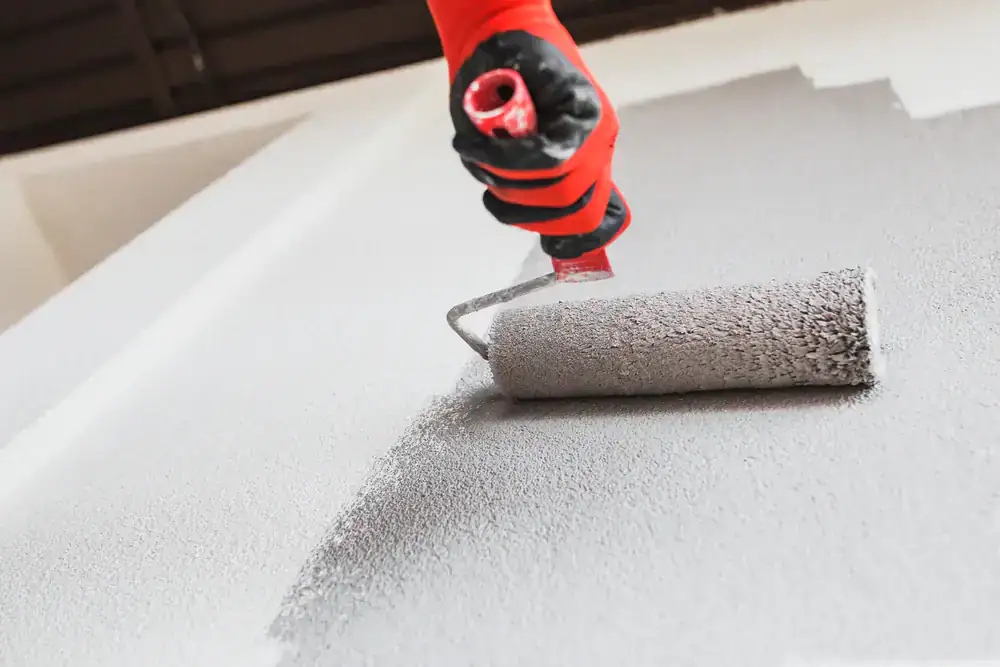
Hear from Our Customers
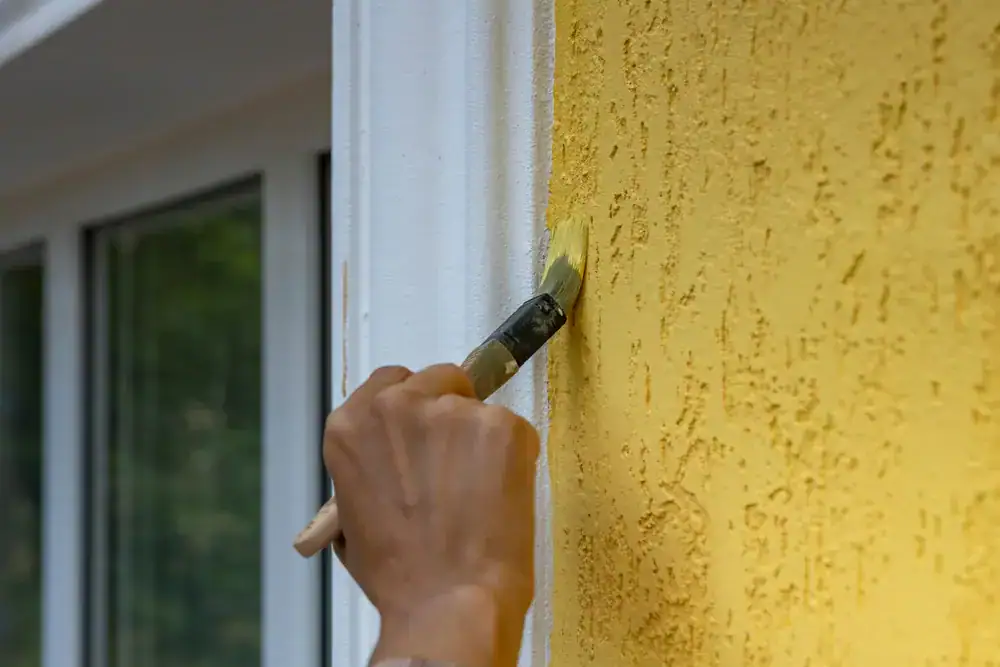
You’re tired of concrete floors that crack under pressure, stain from every spill, and look unprofessional when clients visit. You need flooring that works as hard as you do.
Our epoxy floor coatings create a seamless, chemical-resistant surface that shrugs off the punishment your Warren facility dishes out daily. Heavy forklifts, dropped tools, hydraulic fluid spills – none of it phases properly installed epoxy.
The result? Floors that stay clean with a simple mop, resist stains that used to be permanent, and maintain their professional appearance for years. Your maintenance costs drop, your safety improves, and your facility looks like the serious operation it is.
Warren’s automotive and manufacturing facilities don’t mess around – and neither do we. With over 10 years of painting experience, we understand what it takes to protect floors in environments where failure isn’t an option.
We’ve seen what happens when contractors cut corners on prep work or use residential-grade materials in industrial settings. That’s why we focus on doing it right the first time, using commercial-grade epoxy systems designed for the heavy-duty conditions Warren’s facilities demand.
Our approach is straightforward: quality work at competitive pricing, with the goal of earning your trust for future projects. Because in Warren’s tight-knit industrial community, your reputation is everything.
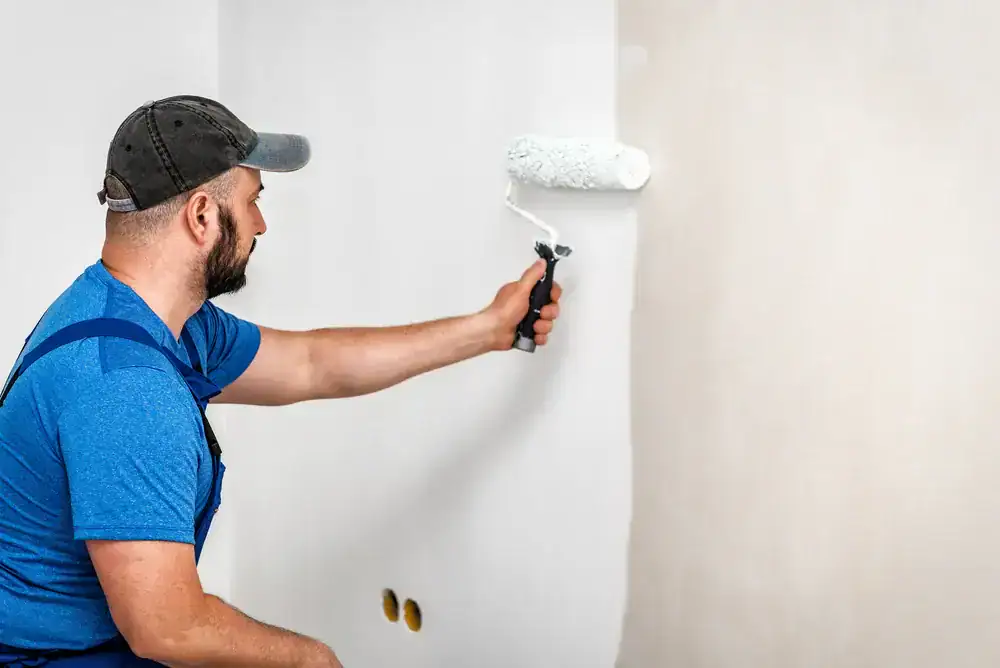
Most epoxy failures happen because someone skipped steps during prep. We don’t take shortcuts because we know you can’t afford to redo this job in two years.
First, we assess your concrete’s condition and identify any repairs needed. Then comes the critical prep work – shot blasting or diamond grinding to create the proper surface profile for maximum adhesion. We remove all oil stains, old coatings, and level any uneven sections.
Next, we apply our primer system designed to penetrate deep into your concrete and create an unbreakable bond. The base coat follows, providing the bulk of your floor’s strength and chemical resistance. Finally, we apply the topcoat that gives you the durability and appearance you need.
We time everything around your operations, working nights or weekends when necessary to minimize downtime. Because we know every hour your facility is down costs money.
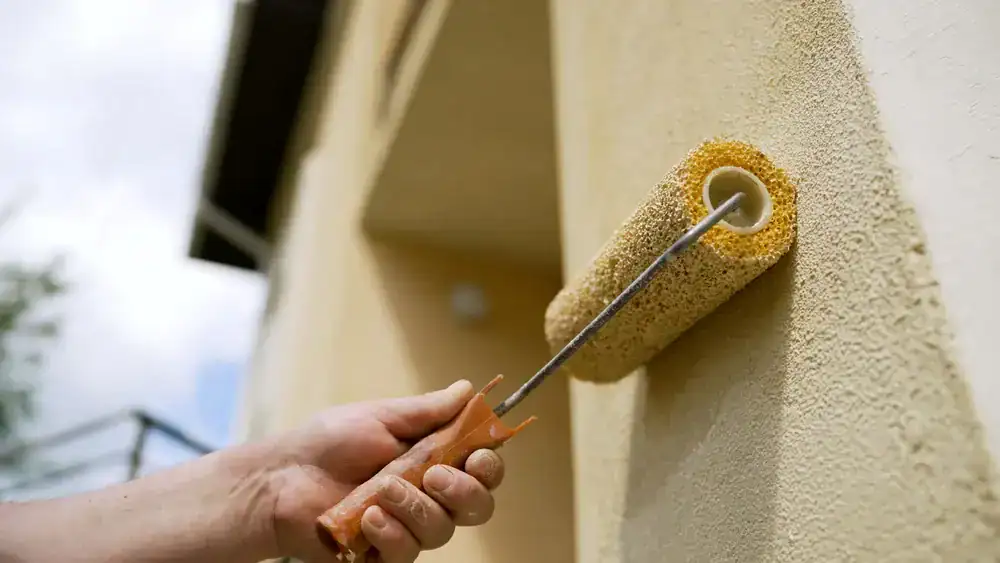
Ready to get started?
Warren’s facilities face unique challenges. Between the automotive plants, stamping operations, and heavy manufacturing, your floors take a beating that most contractors don’t understand.
Our epoxy systems are engineered for exactly these conditions. We use 100% solids epoxy formulations that cure to 25+ mils thick – not the thin residential coatings that fail under real industrial use. The result resists impacts from dropped parts, chemical spills from hydraulic systems, and the constant traffic of heavy equipment.
For Warren’s automotive suppliers, we offer specialized formulations that meet USDA standards for food-grade areas and provide electrostatic discharge protection for sensitive electronics work. We can integrate floor striping for traffic flow and safety zones, critical in busy manufacturing environments.
Every system comes with chemical resistance testing data, so you know exactly what your floor can handle. Because in Warren’s competitive manufacturing environment, you need floors that perform as reliably as your equipment.
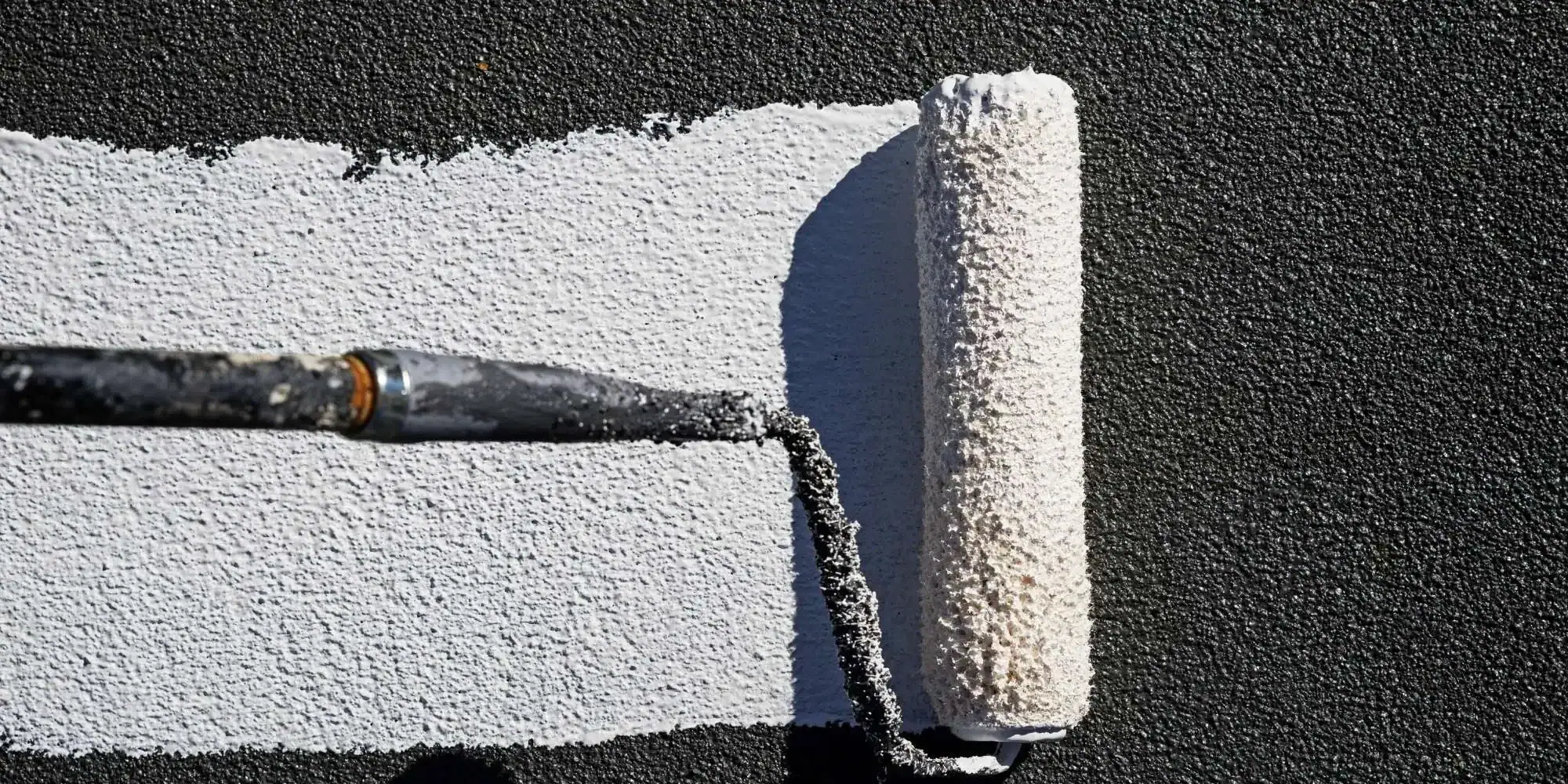
Properly installed commercial-grade epoxy systems typically last 10-15 years in heavy industrial environments, sometimes longer with proper maintenance. The key factors are using the right thickness system (we use 25+ mil systems versus the 3-5 mil residential products many contractors use) and proper surface preparation.
In Warren’s automotive and manufacturing facilities, we’ve seen our installations handle constant forklift traffic, chemical spills, and heavy machinery for over a decade without significant wear. The thicker, higher-grade materials we use are specifically designed for this type of abuse.
However, thin “garage floor” epoxy products will fail within 1-3 years under industrial conditions. That’s why we only use commercial-grade systems with proven track records in similar facilities.
No, and any contractor who tells you otherwise is setting you up for failure. Proper surface preparation is absolutely critical for epoxy adhesion and long-term performance.
We use shot blasting or diamond grinding to create the proper surface profile – essentially roughening the concrete so the epoxy can mechanically bond. We also remove all oil stains, old sealers, and repair any cracks or spalled areas. This prep work typically takes 40-60% of the total project time.
Skipping prep work is the number one cause of epoxy failure. The coating might look good initially, but it will delaminate and peel within months if the prep wasn’t done correctly. We’d rather spend the time doing it right than have you call us back to fix a failed installation.
The difference is massive, and it’s why we only use commercial-grade systems in Warren’s industrial facilities. Residential epoxy is typically 3-5 mils thick when cured – about the thickness of a few sheets of paper. Commercial systems cure to 25+ mils thick and use different chemistry designed for heavy-duty use.
Commercial epoxy also uses 100% solids formulations versus the water-based or solvent-based residential products. This means better chemical resistance, higher abrasion ratings, and superior impact resistance. The primer systems are also completely different – designed to penetrate deeper and create stronger bonds.
In Warren’s manufacturing environment, residential epoxy would fail within months. We’ve seen facilities that tried to save money with cheap systems end up spending three times more when they had to shut down operations to redo the floor correctly.
We plan every installation around your operational needs because we understand downtime costs money. Most of our Warren industrial clients prefer weekend or night installations to avoid disrupting production schedules.
The process typically requires 3-4 days total, but we can often work in phases so you don’t lose your entire facility at once. For example, we might do half the warehouse one weekend and the other half the following weekend. We also coordinate with your maintenance team to align with planned shutdowns when possible.
Temperature and humidity control are critical during installation, so we work with your facility management to ensure proper environmental conditions. We bring our own equipment and can work around your operational constraints – we’ve done installations during plant turnarounds, holiday shutdowns, and even worked around active production lines when necessary.
Commercial-grade epoxy provides excellent resistance to most chemicals common in Warren’s manufacturing facilities, including hydraulic fluids, cutting oils, brake fluids, and most acids and bases. However, the specific resistance depends on the formulation we use for your application.
We provide detailed chemical resistance charts showing exactly what each system can handle and for how long. For example, our standard industrial system resists gasoline, diesel fuel, and most automotive chemicals indefinitely, while stronger acids might require specialized vinyl ester formulations.
The key is matching the right system to your specific chemical exposure. We’ll review your facility’s chemical inventory and recommend the appropriate formulation. We’ve worked with Warren automotive suppliers dealing with everything from parts washing chemicals to paint booth solvents, and we have systems rated for each application.
Yes, one of the advantages of quality epoxy systems is that they can often be spot-repaired or recoated without complete replacement. Minor damage from impacts or wear can typically be repaired by grinding out the damaged area and applying a patch.
For more extensive wear, we can apply a new topcoat over the existing system after proper preparation. This is much less expensive and disruptive than complete replacement and can extend your floor’s life by another 5-10 years.
However, this only works with properly installed systems. Cheap epoxy that’s delaminating or was poorly installed usually needs complete removal and replacement. That’s another reason why investing in quality installation upfront saves money long-term – you have repair options that aren’t available with failed systems.
Other Services we provide in Warren